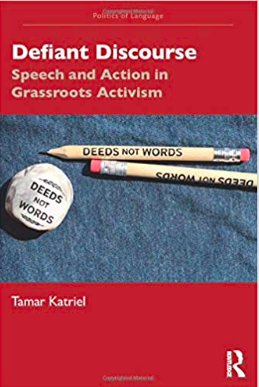Maine, F., & Vrikki, M. (Eds.). (2021). Dialogue for intercultural understanding: Placing cultural literacy at the heart of learning. Cham, Switzerland: Springer Nature.
Funded by the European Union’s Horizon 2020 Research and Innovation Program (so available as open access), this book looks potentially relevant to CID followers.
This book is a result of an extensive, ambitious and wide-ranging pan-European project focusing on the development of children and young people’s cultural literacy and what it means to be European in the twenty-first century, prioritizing intercultural dialogue and mutual understanding.
It includes the following chapters, among others:
-
Intercultural Education for the Twenty-First Century: A Comparative Review of Research by Chrysi Rapanta and Susana Trovão
-
Social Responsibility Through the Lens of an Agenda
for Cultural Literacy Learning: Analyses of National EducationPolicyDocumentation by Sandra Kaire ̇, Lilija Duobliene ̇, and Irena Zaleskiene ̇ -
Explorations of Linkages Between Intercultural Dialogue, Art, and Empathy by Tuuli Lähdesmäki and Aino-Kaisa Koistinen
-
Using Wordless Picturebooks as Stimuli for Dialogic
Engagement by Fiona Maine and Beci McCaughran -
Creative Ways to Approach the Theme of Cultural
Diversity in Wordless Picturebooks Through Visual Reading and Thinking by Marina Rodosthenous-Balafa, Maria Chatzianastasi, and Agni Stylianou-Georgiou -
Dialogue on Ethics, Ethics of Dialogue: Microgenetic Analysis of Students’ Moral Thinking by Talli Cedar, Michael J. Baker, Lucas M. Bietti, Françoise Détienne, Erez Nir, Gabriel Pallarès, and Baruch B. Schwarz
-
Engaging Teachers in Dialogic Teaching as a Way to Promote Cultural Literacy Learning: A Reflection on Teacher ProfessionalDevelopment by Riikka Hofmann, Maria Vrikki, and Maria Evagorou
-
Educating Cultural Literacy with Open Educational
Resources: Opportunities and Obstacles of Digital Teacher Collaborations by Elisabeth Mayweg-Paus and Maria Zimmermann



